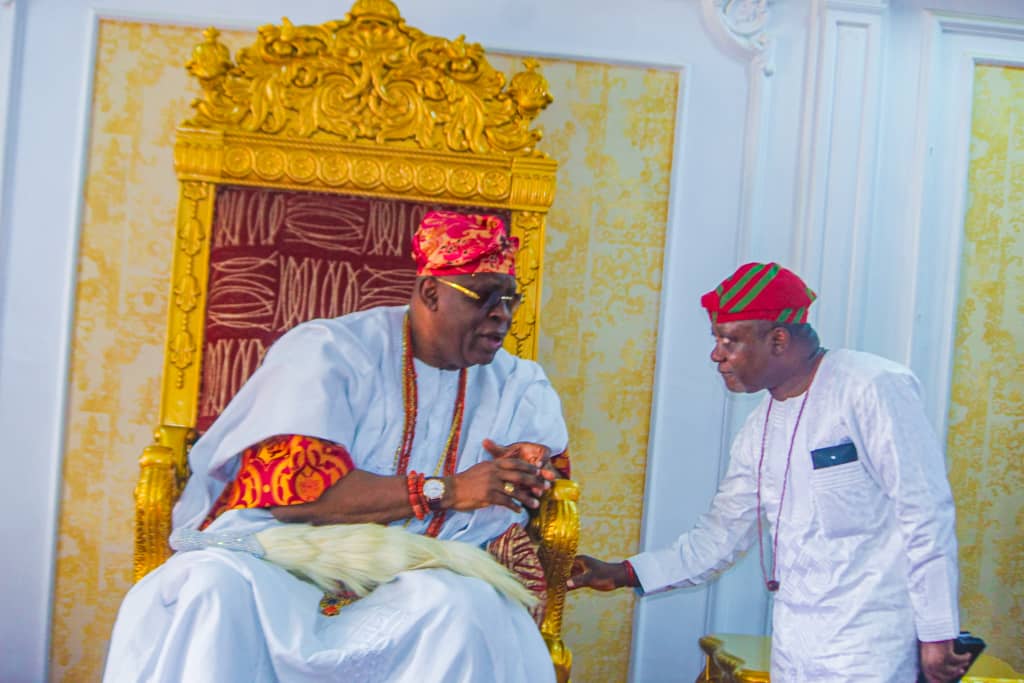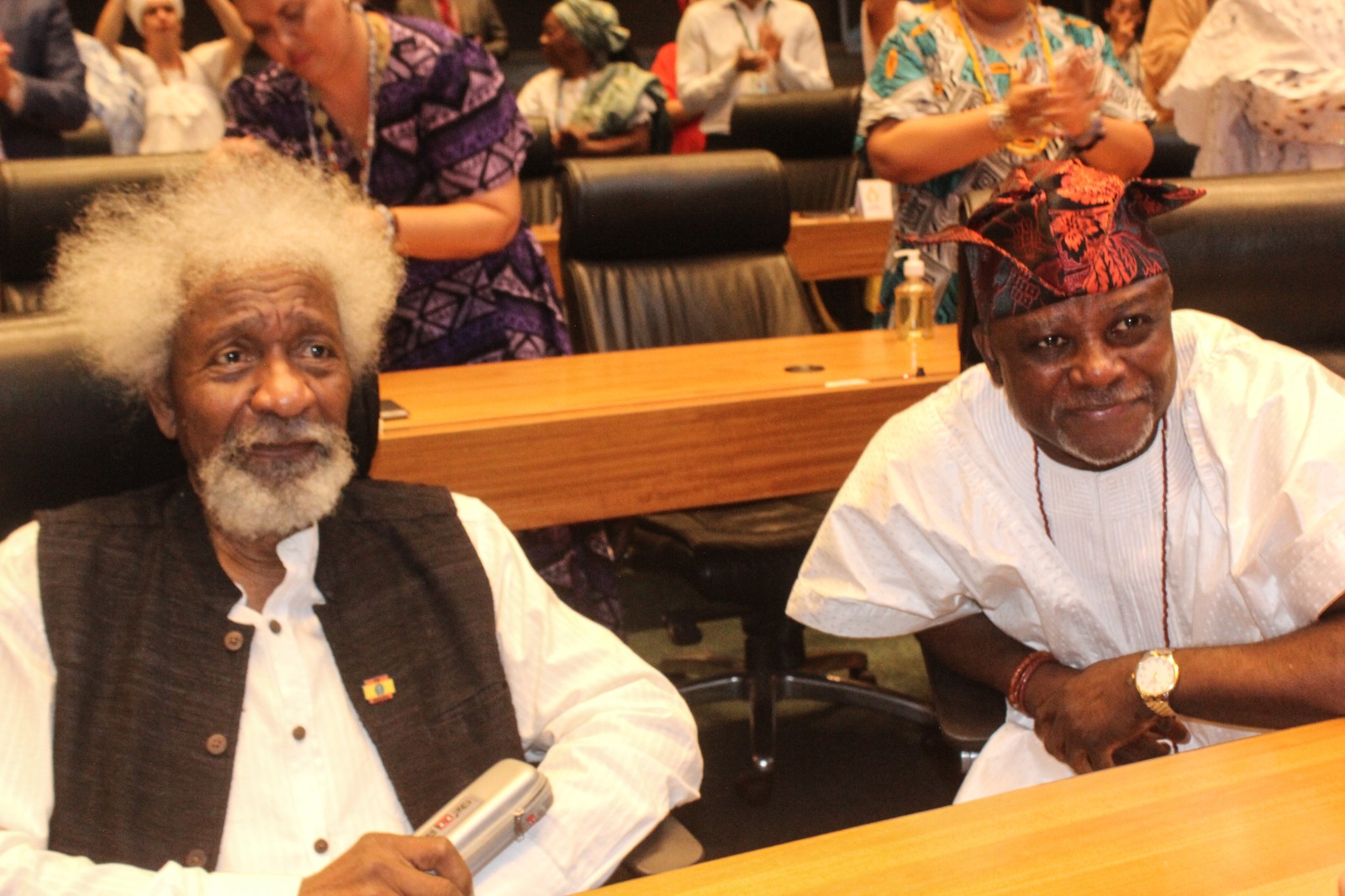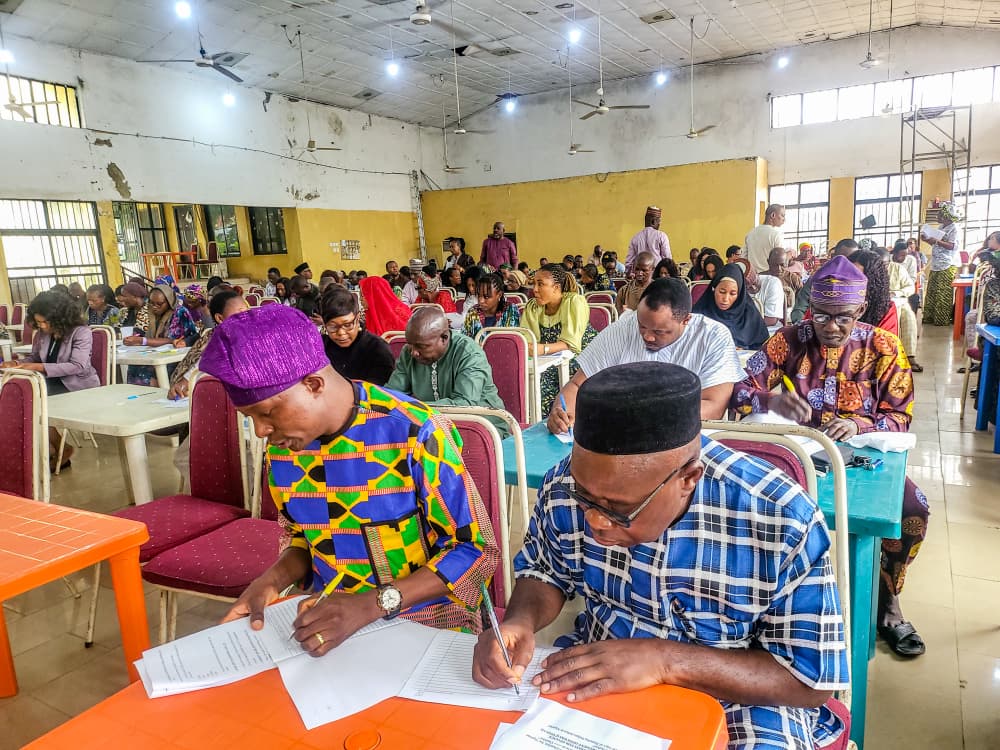Given its place in the development of Tangible and Intangible cultures in Nigeria, the National Institute for Cultural Orientation (NICO) is set to jointly organize an intensive capacity building workshop on the Domestication of the 2003 UNESCO Convention on Intangible Cultural Heritage with the United Nations Educational, Scientific and Cultural Organization (UNESCO), an arm of the United Nations.
NICO, a parastatal of the Federal Ministry of Tourism, Culture and National Orientation, has the mandate to harness Nigerian culture for national development; hence it has to establish links between culture and education, as well as between education and different cultural industries.
 On its part, UNESCO’s main aim of mobilizing education, the sciences, culture and communication, is to foster peace, sustainable development, and intercultural dialogue and to contribute to the eradication of poverty and other inequalities. UNESCO focuses its current interest on Africa and Gender.
On its part, UNESCO’s main aim of mobilizing education, the sciences, culture and communication, is to foster peace, sustainable development, and intercultural dialogue and to contribute to the eradication of poverty and other inequalities. UNESCO focuses its current interest on Africa and Gender.
The workshop, which takes place at Bridge-Water Hotel, Enugu, from June 1-3, 2011, promises to implement the Convention for the Safeguarding of the Intangible Cultural Heritage at the national level. The Convention, which is in agreement between State Parties and administered by UNESCO, has Nigeria as a State Party. The Convention being a text with its focus on safeguarding intangible heritages represents a consensus. This means that is the product of many compromises.
The domains of the Intangible Cultural Heritage are oral traditions which involve poets, bards, writers, and folklore; those involved in historical events include praise singers and traditional historic poets. Then the performing arts involve actors, jesters, dancers, masquerades, musicians, comedians, traditional historic poets, praise singers, drama, and ritualists. Also, social practices, rituals and festive events, like the technique of masquerading or divination, custodians of deity worship, performers of initiations, and cleansing rituals.
Knowledge and practices concern nature and the universe like shrines, traditional medicine practitioners and ritual custodians. Traditional craftsmanship include carving/sculpture (using terracotta, stone, wood, ivory, metal and sticks), weaving (raffia, looms, reeds, etc.), pottery (for domestic, ritual and musical uses), dyeing and printing (on paper, walls or fabric).
In the Basic Text, the 2003 Convention for Safeguarding of Intangible Cultural Heritage, UNESCO in its meeting in Paris from September 29 to October 17, 2003, at its 32nd session considering the importance of these intangible heritages as a means of mainspring of cultural diversity and a guarantee to sustainable development, as underscored by UNESCO recommendation on the safeguarding of traditional culture and folklore, considered the invaluable role of the intangible cultural heritage as a factor in bringing human beings close together and ensuring exchange and understanding among them.
In this regard, the 3-day workshop will raise awareness at the local, national and international levels of the importance of the intangible cultural heritage, as it ensures mutual appreciation, hence provide international cooperation and assistance.
Nwagbo Nnenyelike
Corporate Affairs


